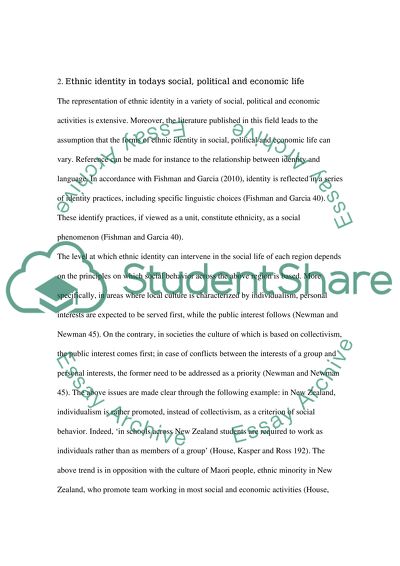Cite this document
(“Ethnic Identity in Social, Political and Economic Life Coursework”, n.d.)
Ethnic Identity in Social, Political and Economic Life Coursework. Retrieved from https://studentshare.org/social-science/1442468-ethnicity-and-nationalism
Ethnic Identity in Social, Political and Economic Life Coursework. Retrieved from https://studentshare.org/social-science/1442468-ethnicity-and-nationalism
(Ethnic Identity in Social, Political and Economic Life Coursework)
Ethnic Identity in Social, Political and Economic Life Coursework. https://studentshare.org/social-science/1442468-ethnicity-and-nationalism.
Ethnic Identity in Social, Political and Economic Life Coursework. https://studentshare.org/social-science/1442468-ethnicity-and-nationalism.
“Ethnic Identity in Social, Political and Economic Life Coursework”, n.d. https://studentshare.org/social-science/1442468-ethnicity-and-nationalism.


